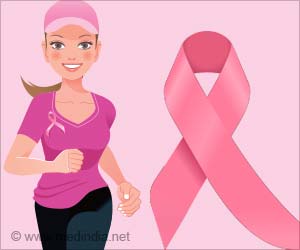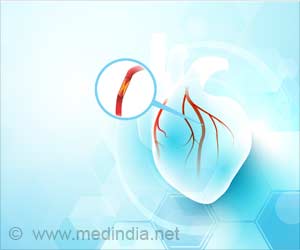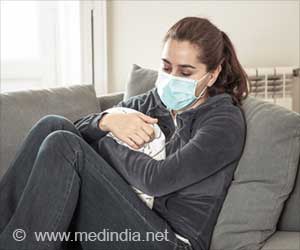Besides the fear of chemotherapy, the Covid-19 pandemic has added to the fuel in patients for visiting the hospitals for consulting for non-communicable diseases like cancer.
“We live in a country where women between the ages of 35-50 years contribute for at least 50 percent of the total burden of the active breast cancer (our own data of more than 800 cases from 2007 till 2017,) but still let our fear and hesitancy of undergoing chemotherapy or a surgery of losing a breast come in our ways to consult for a cancer diagnosis,” Dr Ramesh Sarin, Senior Consultant, Surgical Oncology, Indraprastha Apollo Hospitals.
In women, breast cancer is the most common form of cancer that accounts for almost 26.3 percent of the entire cancer burden amongst them. Moreover, the fear of being diagnosed with cancer taken as synonymous with death further stops at least 70-80 percent of women to consult an oncologist on experiencing any kind of known symptoms.
It has been proven by various medical studies that an early diagnosis of cancer can save up to 90 percent of lives.
There are various advantages linked to early cancer detection, be it better treatment outcomes, non-invasive treatment modalities, or treating the diagnosed condition without chemotherapy. One should be aware towards its own health and be a responsible decision maker, say doctors.
“One should not let one of the treatment modalities decide a decision to consult an expert, it should always be guided by the experienced oncologists. Latest studies are showing that almost 50-60 percent of a special sub type of breast cancer (HR pos and HER2 Neg) patients can be spared the chemotherapy, if they present early,” Sarin said.
Poor lifestyle choices are possibly the biggest reason for increase in breast cancer cases. According to the National Cancer Registry Program, breast cancer cases are higher in metropolitan cities than in rural areas, indicating that lifestyle changes are contributing to an increase in breast cancer cases among urban women.
“Changes in lifestyle are a known cause of the rising number of breast cancers. Tobacco, as well as passive and active smoking, may also increase the risk of breast cancer. The Body Mass Index, or BMI, is an important metric to comprehend,” said Dr Amit Agarwal, Director, Fortis Hospital, Shalimar Bagh.
Agarwal recommends mammograms be done at least once or twice a year for all women aged 45 and above.
Further, a regular physical activity regimen can significantly reduced the incidence of cancer in general, including breast cancer. Normally, 150-300 minutes of moderate exercise per week is recommended for women to lower the risk of breast cancer, he said.
Source: IANS



